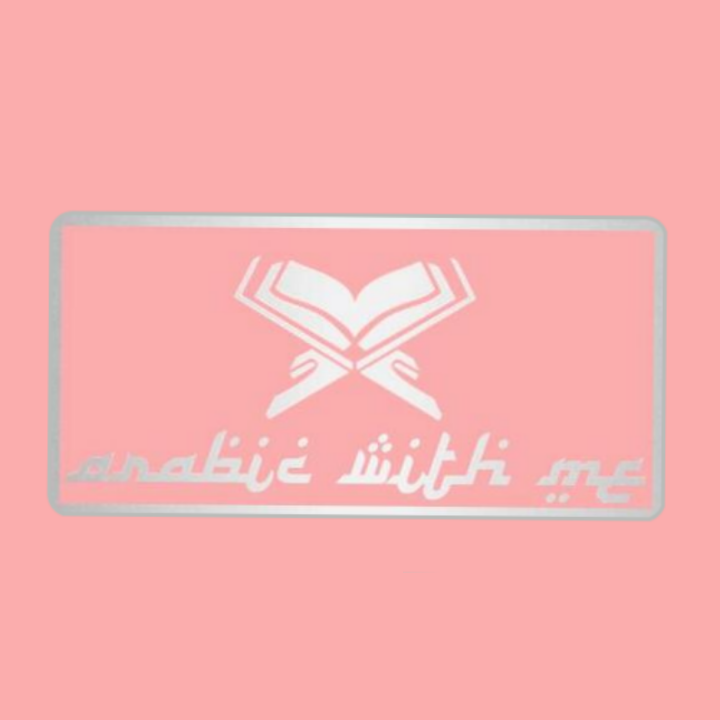Lesson 11 - The Substitute البدل
- Arabic With Me

- Jan 12, 2023
- 2 min read
AL BADAL (SUBSTITUTE)
We have learnt so far how to say ‘this is a book’, by saying ‘hadha kitaabun’. If you notice ‘hadha kitaabun’ is already a complete sentence where we have the mubtada and khabar.
Unlike the saying of ‘this is a book’, the saying ‘this book’ is not a complete sentence, the khabar is still missing. So basically it is only part of a sentence, a phrase.
How do we say ‘this book’ or ‘that book’? First of all, the word for THIS is هَذَا ‘hadha’ and we have learnt before the asmau al ishaarah ( the nouns of pointing at something/ someone ).
The second word that comes after THIS will be definite, so insead of kitaabUN, we will say AL kitaabU الكِتَابُ.
So therefore it will look like this:
هَذَا الْكِتَابُ
haadha al kitaabu….
ِِِ
As already mentioned, this in itself is only a phrase and we still need the khabar to have a complete sentence.
For example, if we want to say ‘THIS BOOK is beautiful’ we would say:
هَذَا الكِتَابُ جَمِيلٌ
HADHA AL KITAABU jameelun.
The same goes for THIS ( for feminine ‘hadhihi’ ) and THAT ( for masculine and feminine ‘dhalika’ and ‘tilka’ )
THAT MAN is a farmer. ——– > ذَلِكَ الرَّجُلُ فَلّاحٌ
DHALIKA AR RAJULU fallaahun.
THIS WOMAN is beautiful. ——— > هَذِهِ الاِمْرَأَةُ جَمِيلَةٌ HADHIHI AL IMRA’ATU jameelatun.
THAT CAR is fast. —————– > تِلْكَ السَّيَّارَةُ سَرِيعَةٌ
TILKA AS SAYYARATU saree’atun.
Now let us see PICTURE 1
As you can see, the word coming after hadha and dhalika is definite and the khabar is indefinite.
NOTE: This is only again a basic rule, but it is a good start.
The word coming after ‘hadha/ dhalika’, ‘hadhihi/ tilka’ etc, is called بَدَلٌ ‘ badal’ ( substitute). How do we recognize it?
If after any al ism al ishaarah ( noun of pointing at ) comes a definite noun, then the noun that is definite is ‘badal’ ( the substitute ) for hadha/ dhalika/ hadhihi/ tilka.






Comments